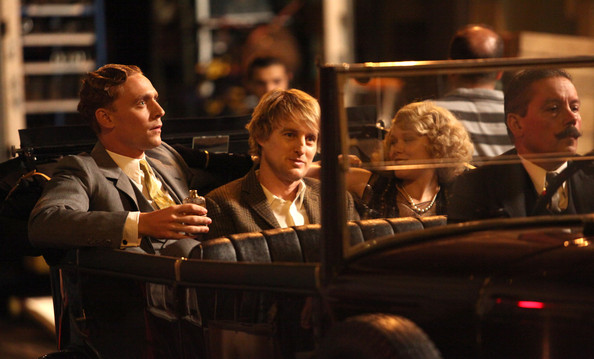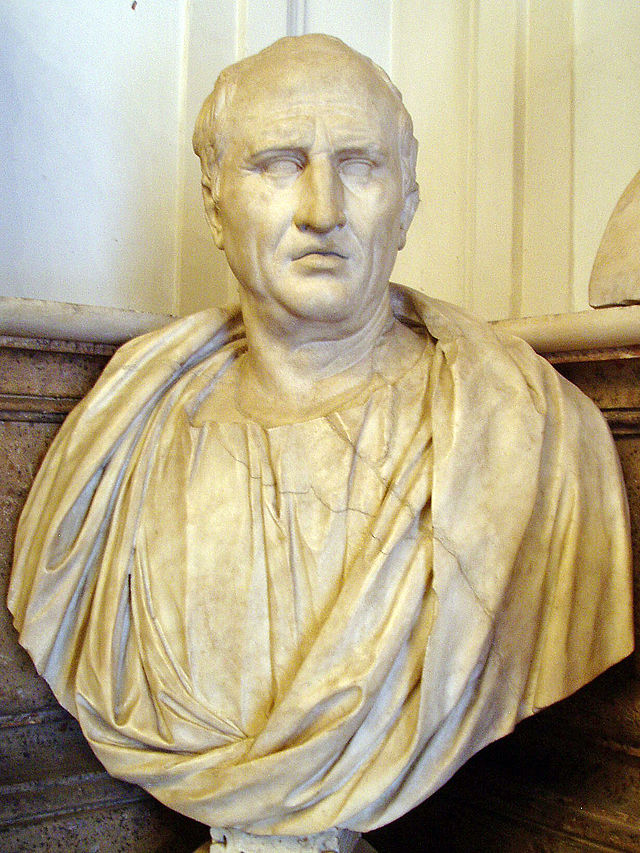Consider thyself to be dead, and to have completed thy
life up to the present time; and live according to nature the remainder which
is allowed thee
He – a brilliant computer programmer Lucas – finds out
that « No one told you when to run, you missed the starting
gun» (quoting the passage from Pink Floyd song called Time). Now, like the main
protagonist of Éric-Emmanuel Schmitt’s book «Oscar and the Lady in Pink», every
day of his life counts for ten years.
She – a model and telepath Blanche – is the mentally
abused girl, who is living in a loveless marriage. Blanche is fed up with her
empty life, but she can’t break the circle. Those two opposite men have met in
a café; their waltz starts out immediately.
Andrzej Zulawski, after over-the-top «L’amour braque»,
have made the stunning film. «Mes nuits sont plus belles que vos jours» is a
story of love, which is all consuming, mad, doomed and fast.
The film is the most lyric and romantic creation of
this director. Nevertheless, in the Universe of Andrzej Zulawski all
traditional categories, events and meanings are losing their common meaning,
Spectators, who are expecting the traditional love story («love at the first
sight-date-romance-…»), would be greatly disappointed.
In the cinematic world of Andrzej Zulawski love is
full of pain, suffering and despair. The affair of Blance and Lucas is a mad
waltz of two hurt people. They know that they days are limited and desperately
trying to squeeze everything out of their love. Their acquaintance starts out
with a verbal abuse and violent argument; behind the aggressive façade, you can
feel their chemistry.
Jacques Dutronc, besides being a good singer, is a
very good actor. He had the experience of working with Andrzej Zulawski in his
French debut – «L'important c'est d'aimer». In «Mes nuits sont plus belles que
vos jours», The Actor created a convincing portrait of mentally degrading
Lucas, who is desperately trying to live fully. Jacques Dutronc portrays the
tragedy of a man, whose day of life counts for ten years, by portraying his
constant repetition of simple words and phrases, in order not to forget their
meaning, self-talking, and examination of his past.
If in «L’amour braque» Sophie Marceau was not very
convincing as a modern Nastasia Philippovna because of her acting inexperience
and inability to «fly on the most high-octane fuel», which is required for this
role (Nevertheless, Sophie Marceau deserves credit for playing Nastasia
Philippovna better, than two actresses in the Soviet and Russian conventional
adaptations of The Idiot). In this film, she had played, on the edge of her
possibilities, the mentally traumatized Blanche. The scenes of her telepathy
sessions are full or hatred and real pain; the scenes of her love encounters
with Lucas are the cocktail of tenderness and suffering.
«Mes nuits sont plus belles que vos jours» is the
stunning story of a doomed and sincere love. After over-the-top «L’amour
braque», Andrzej Zulawski found the balance between eroticism, sensibility and
his trademark over-emotionality. The film is recommended for the first
encounter with Andrzej Zulawski.
8/10

.jpg)



















